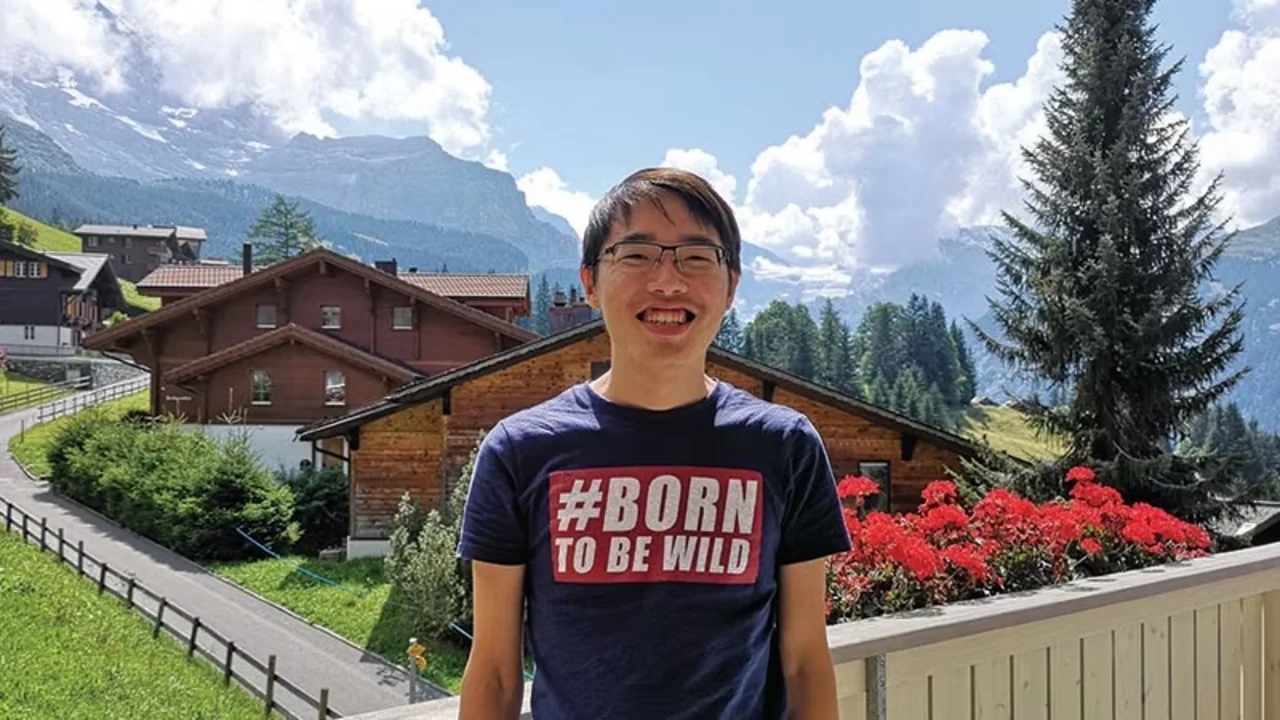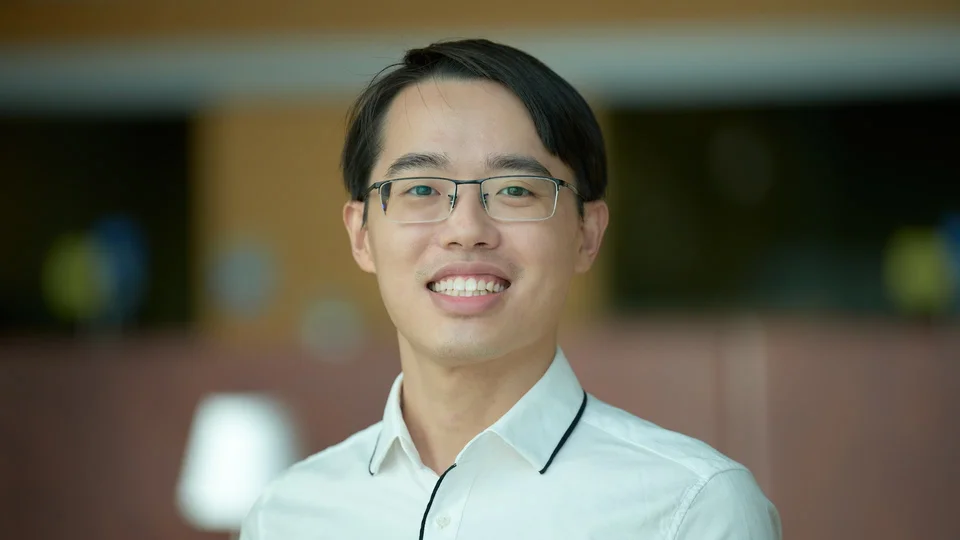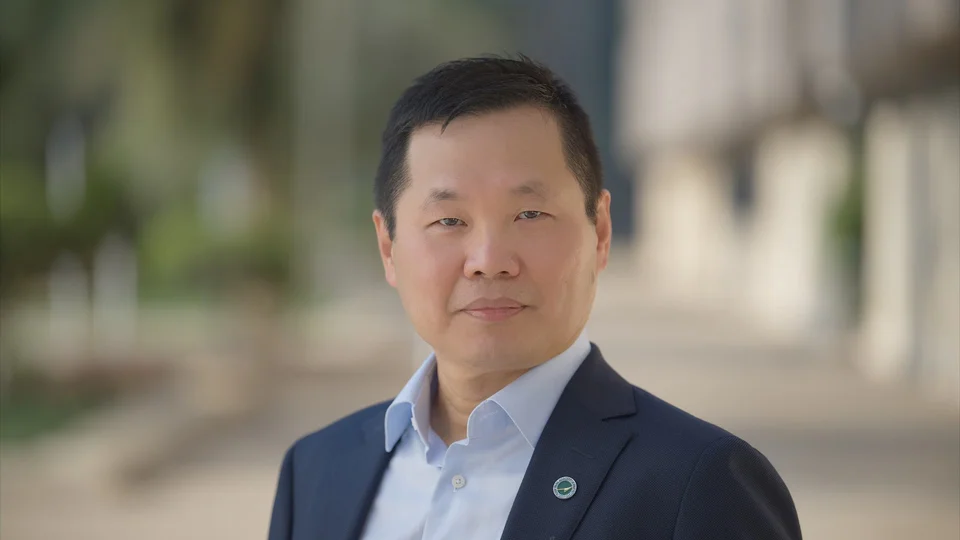
Chun Hong Kang, a Ph.D. student in the KAUST Photonics Laboratory, has been awarded a 2021 Optics and Photonics Education Scholarship by SPIE for his “potential contributions to the field of optics and photonics.”
About
By David Murphy
Chun Hong Kang, a Ph.D. student in the KAUST Photonics Laboratory, has been awarded a 2021 Optics and Photonics Education Scholarship by SPIE for his “potential contributions to the field of optics and photonics.”
In a drive to support the next generation of optical scientists and engineers, SPIE, the international society for optics and photonics, is awarding $298,000 in education scholarships to 78 of its student members based on their budding contributions to optics and photonics or a related field.
“I feel very honored and grateful to be selected for the Scholarship from a pool of competitive scholars around the world,” Kang noted. “I am very thankful to SPIE for acknowledging my work and potential contributions in the long run. This award represents an important milestone in my pursuit of excellence in the field of optics and photonics.
“I wish to extend my appreciation to colleagues for their support and mentorship. I am particularly grateful to my advisor, Professor Boon Ooi, for his constant encouragement to explore and engage with new ideas and concepts outside our comfort zones.”
Creating an impact outside of the laboratory
Kang’s current research centers on developing high-bitrate optoelectronics materials and devices. This development is achieved by engineering the material properties behind practical optoelectronics devices and components, including optical detectors, LEDs, and amplifiers. More specifically, he seeks to tackle the various fundamental issues in next-generation optical-based wireless communication, sensing, and integrated photonics platforms.
“With my work, I want to enable fast optical modulation, or switching, that promises high-bitrate and low-latency optoelectronics components for the latest optical-based internet technologies.”
With over 40 authored/co-authored publications in refereed journals and conference proceedings, Kang hopes that his present and future work can be expanded beyond a laboratory environment.
“I want to change people’s lives by creating novel solutions while at the same time giving back to the community in general. I also hope to inspire a younger generation to explore optics and photonics for the exciting field that it is. A field that serves as the backbone for many advanced technologies currently on the market.”

